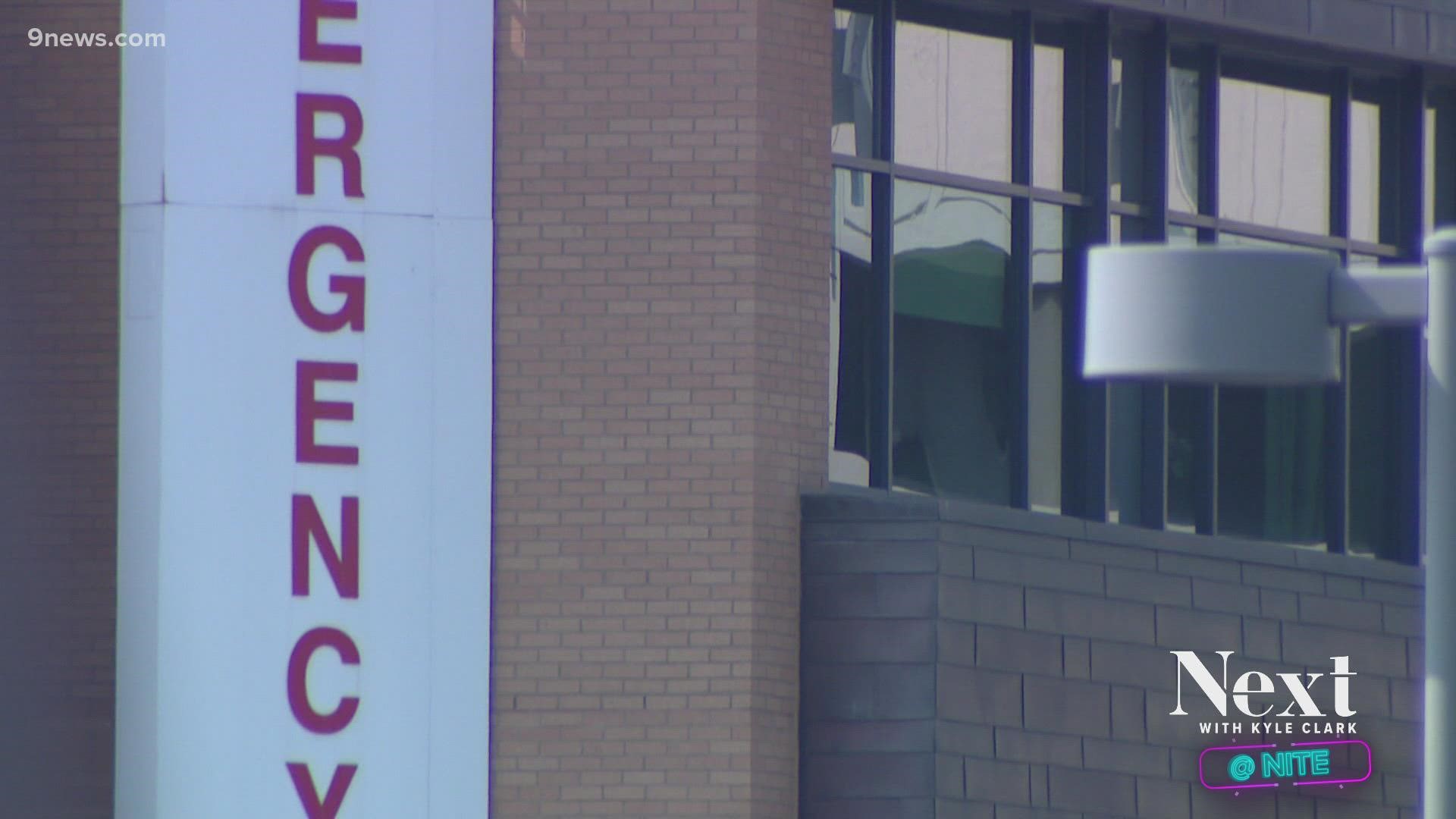DENVER — With the changing conversations around the delta variant, we talked to infectious disease specialists and public health officials in Colorado about what metrics to pay attention to, and why.
What are the goals?
Bob McDonald, the executive director for Denver's Department of Public Health and Environment, said the top priority is to get more people vaccinated against COVID and keep the rates of mortality as low as possible.
The mortality rate is why so many conversations over the last year have been about hospitalizations and hospital capacity.
So, why is the alarm being sounded for case counts when 70% of Coloradans have started the vaccination process?
"Keep in mind, case counts [are] kind of a precursor to hospitalizations," McDonald said.
McDonald said officials are seeing the delta variant circulate during the summer, when respiratory viruses tend not to do as well, and that's a cause for concern.
"We saw them drop last summer and it's going up [this year]," said McDonald.
As for Colorado as whole, Dr. Rachel Herlihy, the state epidemiologist with Colorado Department of Public Health and Environment, said they've not only seen cases increase. In just the last week, the state has also seen hospitalizations go up, but the number did dip by 16 people currently hospitalized on Wednesday, according to data released at 4 p.m. It's too soon to know if it's a blip in the data or a trend.
What is at stake?
"Unvaccinated Coloradans now are really at greater risk than they have ever been since the beginning of the pandemic," said Herlihy.
This is because delta variant, she said, and how contagious it is.
But doctors said this is about more than just the people who have chosen not to get the vaccine. There are also the immunocompromised, who may not have as much of a robust reaction to the vaccines, and kids who are too young to get their shots.
Beyond that, a growing case count can ultimately start affecting vaccinated people at a higher rate beyond the breakthrough cases we're already seeing. A variant could one day overtake vaccines.
"The more people we have unvaccinated, the more infections we have. The more infections we have, the more variants we have. Eventually, we could have a variant where the current vaccine doesn't work at all," McDonald said.
Is there a prevention element?
The changes in mask recommendations regardless of vaccine status and the discussion about case counts and delta are also meant for prevention.
"Based on modeling data we've seen, we think we should be in a good place when it comes to hospital capacity," Herlihy said.
"[Hospitals] are not threatened at this point in terms of the care they can provide," said McDonald. "We don't want to get there."
The good news is that doctors aren't currently recommending intense social distancing like at the start of the pandemic. They are recommending, however, that you are smart when it comes to socializing.
"You can still enjoy time with your friends and family," said Dr. Michelle Barron with UCHealth. "But knowing the status of vaccination is a big deal, and I think that's something I would include in the equation."
Barron is referring to COVID precautions to consider, including masks, when it comes to getting together with people, going out and big crowds.
The public health officials said the vaccines still provide high levels of protection against COVID-19. They said while there is a slight decrease in efficacy with the delta variant, there is still a lot of protection, since the level of protection was so high to start with.
The infectious disease specialists also said for the smaller number of breakthrough cases, that most of them are asymptomatic or mild symptoms.
SUGGESTED VIDEOS: Full Episodes of Next with Kyle Clark

